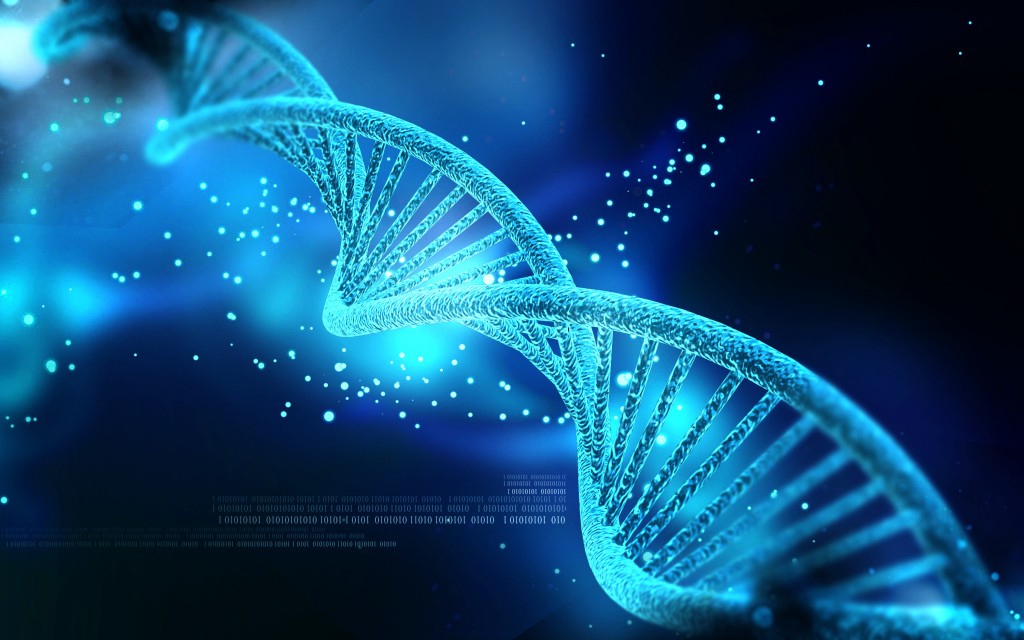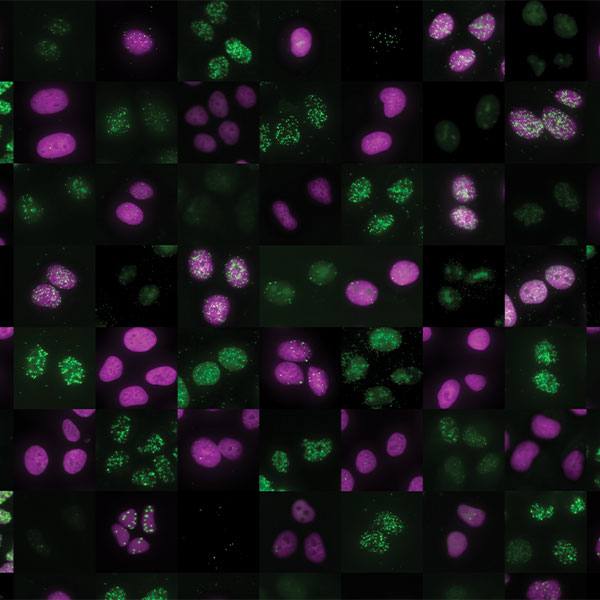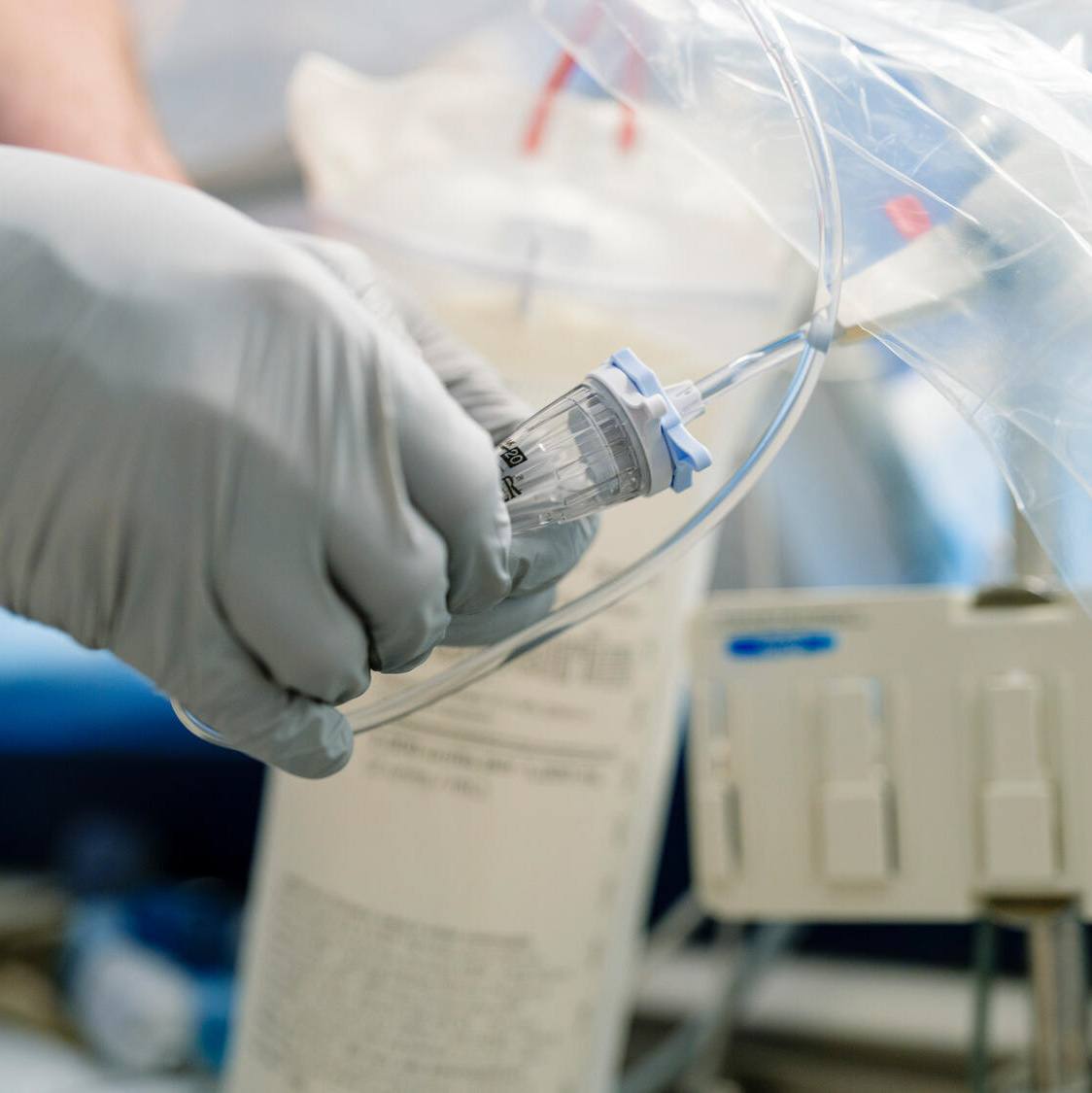-

National DNA Day is April 25; Experts Available for Comment
ROCHESTER, Minn. — Friday, April 25, is National DNA Day, the date which commemorates completion of the Human Genome Project, the national effort to identify and decode all 6 billion letters in human DNA. Since that time, medical researchers and practitioners have found new ways to apply genomics for everyone who needs healing, and thanks to staggering technological advancements and next-generation sequencing, the cost to sequence a patient’s genome has decreased from $3 billion for the first human genome in 2003 to approximately $1,500.
MEDIA: Gianrico Farrugia, M.D., director of the Mayo Clinic Center for Individualized Medicine, is available for interviews and background about the future of genomic medicine, as well as information about the latest practices and transformative clinical trials. To interview Dr. Farrugia contact Sam Smith, Mayo Clinic Public Affairs, 507-284-5005, newsbureau@mayo.edu
Watch video on genome sequencing:
Suggested topics for Dr. Farrugia to discuss:
- Medicine Meant for Me: Genetic tests to determine drug efficacy are an important new tool physicians can use to tailor health care. Mayo Clinic and other medical centers are embedding this information in patients’ electronic medical records to help prevent adverse drug reactions.
- One in a Billion: Each person’s genetic code has roughly 6 billion letters of DNA code. Technological advances have accelerated the ability to read and interpret this data, helping patients with rare or completely unknown genetic conditions find answers, giving peace of mind to their families. Patient cases are available.
- Cancer’s Worst Enemy: Mayo Clinic is conducting several leading-edge studies around cancer, including taking breast cancer cells from women who have a high risk of recurrence and growing tumors outside their bodies to develop and test new targeted therapies. Mayo Clinic is the only institution to sequence tumor and normal genomes before, in the middle of and after chemotherapy.
Ten facts about DNA and genomics in medicine:
- There are 31 markers commonly used in cancer care, according to the National Cancer Institute. Using new sequencing technologies, researchers can identify hundreds of markers in individual tumors within a few days.
- There are more than 7,000 diseases considered rare in the U.S., most of which have some genomic or inherited component, according to the National Organization of Rare Disorders.
- The Food and Drug Administration lists 155 drugs known to have sensitivity to individual genomic makeup. That number is expected to increase dramatically as sequencing drives rapid discovery.
- DNA stands for deoxyribonucleic acid.
- There are approximately 6 billion letters in the average human genome.
- Spelled out, each person’s genome would fill 1,000 New York City telephone books.
- Nearly all of the roughly 25 trillion cells in the human body have identical sets of DNA contained in the cell nucleus.
- When uncoiled, the DNA contained in every cell nucleus measures about 6 feet in length.
- It took about 10 years and cost nearly $3 billion to sequence the first human genome. It can now be done in a few days for roughly $1,500.
- All humans are about 99.9 percent identical. Less than 0.1 of 1 percent makes us individuals.
###
About Mayo Clinic
Recognizing 150 years of serving humanity in 2014, Mayo Clinic is a nonprofit worldwide leader in medical care, research and education for people from all walks of life. For more information, visit 150years.mayoclinic.org, http://www.mayoclinic.org/ and newsnetwork.mayoclinic.org.
About the Mayo Clinic Center for Individualized Medicine
The Mayo Clinic Center for Individualized Medicine is home to the Individualized Medicine Clinic, the world’s first integrated multidisciplinary genomics clinic, serving patients with advanced cancer and complex diagnoses. The center discovers and integrates the latest in genomic, molecular and clinical sciences into personalized care for each Mayo Clinic patient. Visit http://mayoresearch.mayo.edu/center-for-individualized-medicine for more information.








